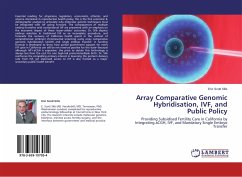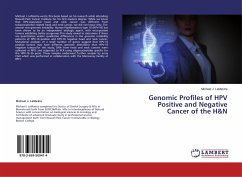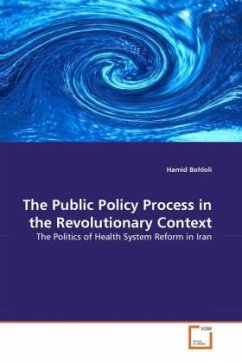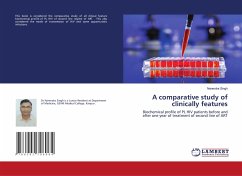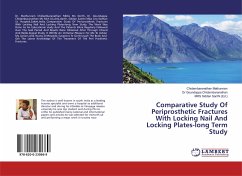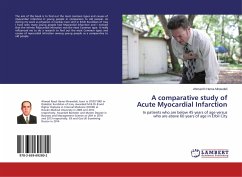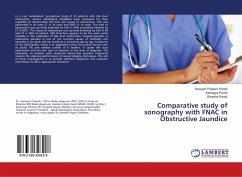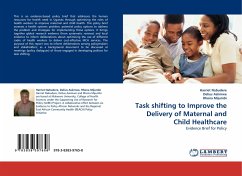Essential reading for physicians, legislators, economists, ethicists, and anyone interested in reproductive health policy, this is the first economic & demographic analysis to articulate why molecular genetic techniques must be integrated with IVF going forward. The consequences of multiple embryo transfers with conventional IVF are presented with an emphasis on the economic impact of these 'super-utiliser' outcomes. Dr. Sills depicts embryo selection in traditional IVF as an incomplete procedure, and forecasts the recovery of California health spend in the context of comprehensive (embryo) chromosomal screening using array comparative genomic hybridization (aCGH) and single embryo transfer. A funding formula is developed to show how partial government support for every IVF cycle in California can still be net revenue positive for the state--because although IVF+aCGH is expensive, the price to obtain this technology is always less than the cost for one high-risk preterm/multiple birth. Dr. Sills reinforces the compelling primary interest in lowering the preterm delivery rate from IVF, yet improved access to IVF is also framed as a major secondary public health benefit.
Bitte wählen Sie Ihr Anliegen aus.
Rechnungen
Retourenschein anfordern
Bestellstatus
Storno

